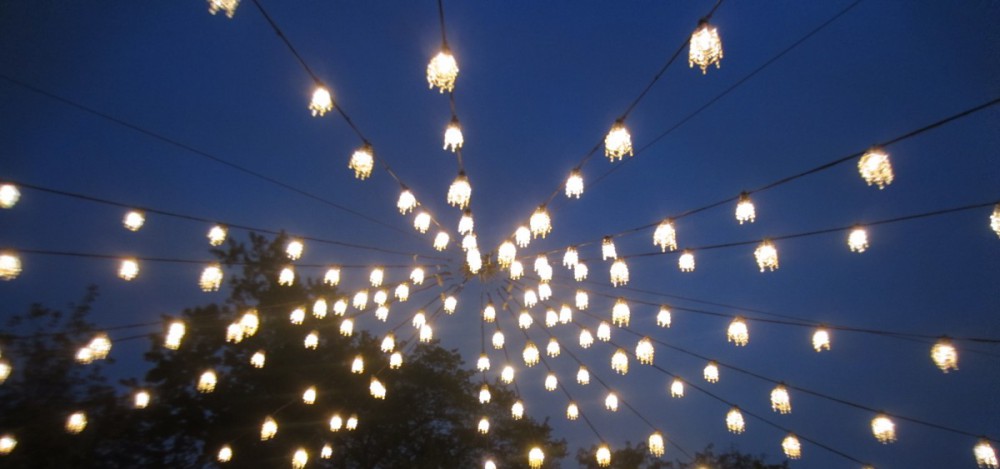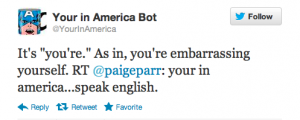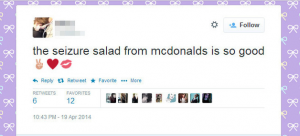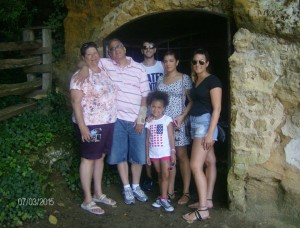
Family vacations!
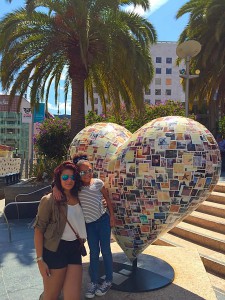
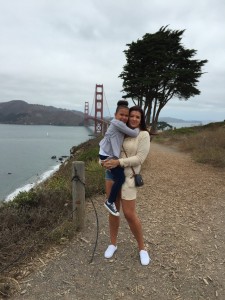
Hello all!
My name is Samantha, first and foremost let me apologize for missing our first class! Also a big thanks Fola for helping me set up my openlab account because I’m new to citytech :D.
So a little about myself, I’m 25 years old born and raised in Brooklyn New York. I live with my rather large family My Mom, Dad and younger brother and sister and the most important person in my life my 6 year old daughter Ava. This summer was an exciting one for me and Ava we got to go to Virginia (yorktown, jamestown and norfolk) and the best part of this summer was getting to go to san francisco california!! It was a dream of mine to see the west coast and I finally did. It was pretty great getting to see all the sites of san fran.
A little more about me, I’m an office manager at H&R block which means I’m certified to do state and federal tax returns. I’ve been doing that since 2011 which is surprising because i hate math.
>What your strengths/weaknesses as a writer/reader/thinker?
I believe i am a fairly strong writer but i could use some brush ups on my technique and formatting because i need to run wild with my ideas sometimes and don’t explain them as well as i know i can
>What do you enjoy/dislike most about writing/reading/(critical) thinking?
I love reading and writing and i always have, so when i found out about this major i was super happy and eager to sign up.
>What is your background with using OpenLab & technology more generally (it’s OK if you don’t have any!)?
Up until 6 hours ago i had no idea what openlab was
>What is your sense of new media is [JB, update as of M 8/31: the original reference to “science fiction” was a typo, but I’m still excited to see your responses on it!] (what is it? who writes it? why reads it? what’s its purpose? etc.)? Don’t do any research for this … just state what you think it is, prior to entering the course (think back to the freewriting and group discussions we had in class today, our assumptions, preconceptions, stereotypes, etc.)?
New media to me would be the ever changing world of technology and how much of it we use or rely on in our day to day lives, our news,weather,banking etc all comes to use via media.
>What do we think about when we think about “new media”?
I think about up and coming app platforms and ways we gather and find information.
>What do we think of when we hear the word “new”?
Updated, better, more effective.
>What do we think of when we hear the world “media”?
News, social media, Facebook etc
>Who writes (produces) new media?
Developers, editors, designers
>Who reads (consumes) new media?
Millenials, the 18-25 generation
>Why are you taking this course?
Well one because they told me to (haha) and two because it sounds from all I’ve heard so far to be very interesting.
>Why did you choose to pursue a B.S. degree here at City Tech in Professional and Technical Writing?
Like i said a little earlier i have always loved to write but have never seen a program that focused on something or wasn’t just called “english”
>What are your expectations for this course/semester (what you think you will learn and what you hope you will learn)? Any questions?
I think it will be about media, its delivery and how its writing and message are conveyed to us.

